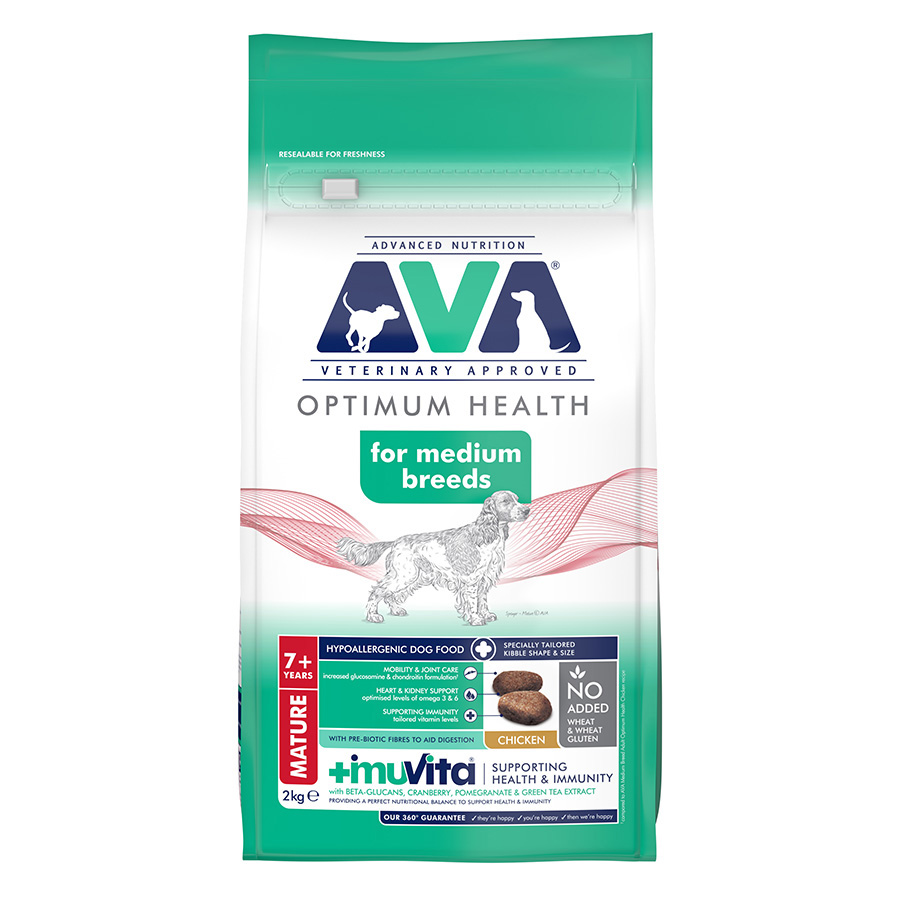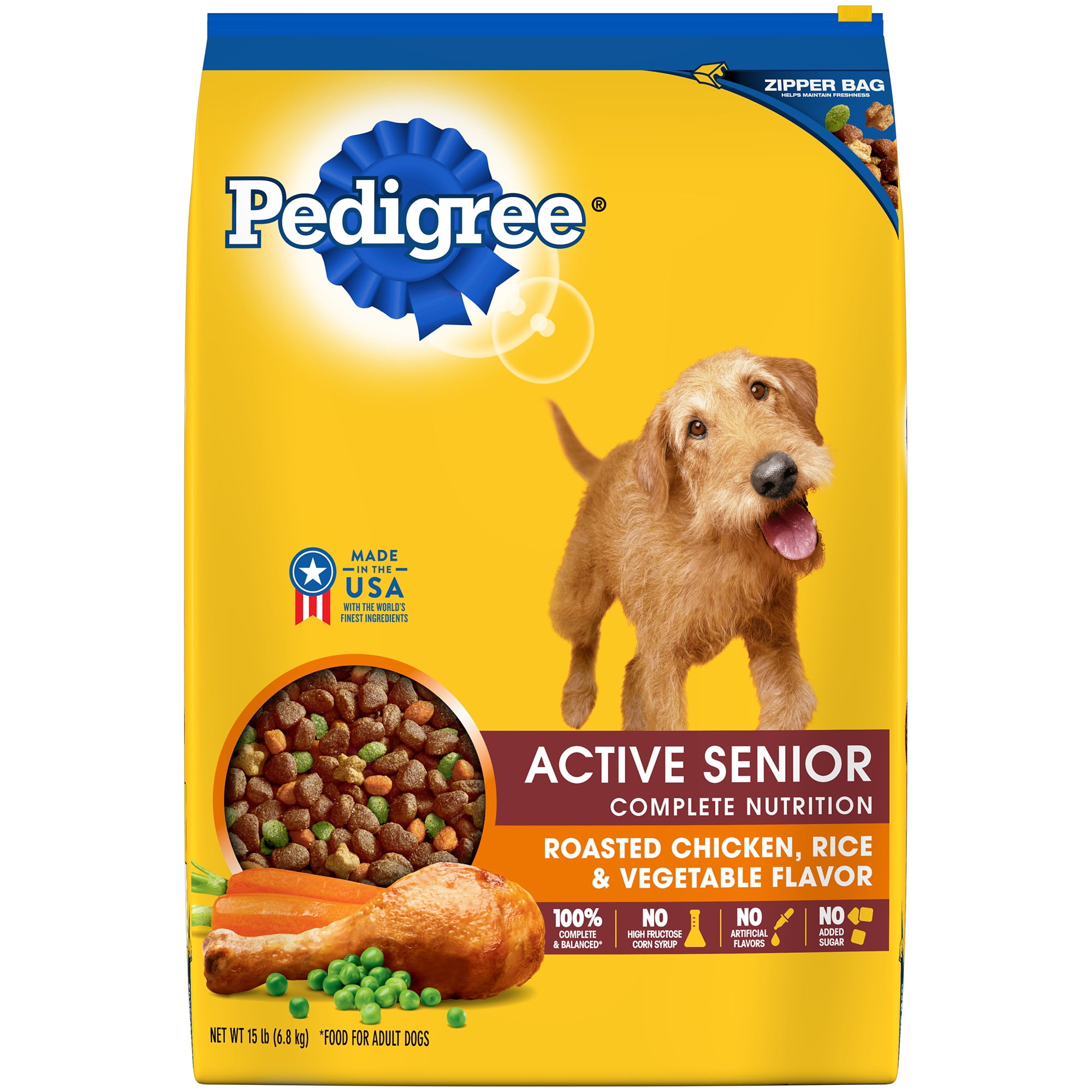
Vet-Approved Senior Dog Food: Nourishing Your Aging Companion
As our canine companions enter their golden years, their nutritional needs shift considerably. Senior dogs often experience changes in metabolism, activity levels, and overall health, requiring a tailored diet to support their well-being. Choosing the right senior dog food is crucial for maintaining their vitality, managing age-related health issues, and ensuring they enjoy a comfortable and fulfilling life.
Understanding the Nutritional Needs of Senior Dogs
Senior dogs, typically those over the age of seven, have distinct nutritional requirements compared to their younger counterparts. These needs arise from a combination of physiological changes and common age-related conditions:
-
Reduced Metabolism: Senior dogs often have a slower metabolism, leading to a tendency to gain weight more easily. Therefore, senior dog food is often lower in calories to help maintain a healthy weight.
-
Decreased Activity Levels: As dogs age, they tend to become less active, further contributing to weight gain. A diet that accounts for reduced activity is essential to prevent obesity.
-
Muscle Loss: Sarcopenia, or age-related muscle loss, is common in senior dogs. Adequate protein intake is vital to help maintain muscle mass and strength.
-
Joint Problems: Arthritis and other joint issues are prevalent in older dogs, causing pain and reduced mobility. Certain nutrients can help support joint health and reduce inflammation.
-
Digestive Issues: Senior dogs may experience decreased digestive efficiency, leading to digestive upset. Easily digestible ingredients and added fiber can help promote healthy digestion.
-
Cognitive Decline: Cognitive dysfunction syndrome (CDS), similar to Alzheimer’s disease in humans, can affect senior dogs. Specific nutrients and antioxidants may help support brain health and cognitive function.
Key Ingredients to Look for in Vet-Approved Senior Dog Food
When selecting a senior dog food, it’s essential to consider the ingredient list and nutritional profile. Look for the following key ingredients:
-
High-Quality Protein: Protein is crucial for maintaining muscle mass and supporting overall health. Opt for dog foods that list real meat, such as chicken, beef, lamb, or fish, as the primary ingredient. Avoid foods with excessive amounts of plant-based proteins, as they may be less digestible for dogs.
-
Moderate Fat Content: While fat is essential for energy and nutrient absorption, senior dogs require a moderate amount to prevent weight gain. Look for healthy fat sources like fish oil, flaxseed, or sunflower oil.
-
Healthy Carbohydrates: Carbohydrates provide energy, but it’s essential to choose easily digestible sources like brown rice, oatmeal, or sweet potatoes. Avoid foods with excessive amounts of corn, wheat, or soy, as they can be difficult for some dogs to digest.
-
Fiber: Fiber promotes healthy digestion and can help regulate bowel movements. Look for fiber sources like beet pulp, pumpkin, or psyllium husk.
-
Joint Support: Glucosamine and chondroitin are natural compounds that help support joint health and reduce inflammation. Many senior dog foods contain these ingredients to help manage arthritis and other joint issues.
-
Antioxidants: Antioxidants, such as vitamins E and C, help protect cells from damage caused by free radicals. They can support overall health and cognitive function.
-
Omega-3 Fatty Acids: Omega-3 fatty acids, particularly EPA and DHA, have anti-inflammatory properties and can support joint health, cognitive function, and skin and coat health. Look for foods that contain fish oil or flaxseed as sources of omega-3s.
-
Probiotics and Prebiotics: Probiotics are beneficial bacteria that promote gut health, while prebiotics are fibers that feed these bacteria. Together, they can improve digestion and boost the immune system.
Ingredients to Avoid in Senior Dog Food
Certain ingredients should be avoided in senior dog food, as they can be harmful or difficult to digest:
-
Artificial Colors, Flavors, and Preservatives: These additives offer no nutritional value and can cause allergic reactions or other health problems.
-
Excessive Fillers: Fillers like corn, wheat, and soy are often used to bulk up dog food but provide little nutritional value and can be difficult to digest.
-
By-Products: By-products are the non-meat parts of animals, such as organs and bones. While they can be a source of protein, they are often of lower quality than meat and may not be as digestible.
-
Added Sugar: Sugar offers no nutritional value and can contribute to weight gain and other health problems.
Vet-Approved Brands of Senior Dog Food
Several reputable brands offer vet-approved senior dog food formulas. These brands often conduct extensive research and testing to ensure their products meet the specific nutritional needs of senior dogs. Some popular options include:
-
Hill’s Science Diet: Hill’s Science Diet offers a variety of senior dog food formulas tailored to different needs, such as weight management, joint health, and digestive health.
-
Purina Pro Plan: Purina Pro Plan has a line of senior dog food formulas that are formulated with high-quality ingredients and specific nutrients to support healthy aging.
-
Royal Canin: Royal Canin offers breed-specific and size-specific senior dog food formulas, as well as formulas for dogs with specific health conditions.
-
Blue Buffalo: Blue Buffalo’s Life Protection Formula for senior dogs contains high-quality protein, antioxidants, and other essential nutrients to support overall health and well-being.
-
Wellness: Wellness offers a variety of senior dog food formulas made with natural ingredients and without artificial additives.
Transitioning Your Dog to Senior Food
When transitioning your dog to a senior diet, it’s essential to do so gradually to avoid digestive upset. Start by mixing a small amount of the new food with your dog’s current food, gradually increasing the proportion of the new food over a period of 7-10 days.
Consulting with Your Veterinarian
Before making any significant changes to your dog’s diet, it’s always best to consult with your veterinarian. They can assess your dog’s individual needs and recommend the best senior dog food formula for their specific health conditions and lifestyle. Your veterinarian can also help you monitor your dog’s weight and overall health to ensure they are thriving on their new diet.
Conclusion
Choosing the right senior dog food is essential for supporting your aging companion’s health and well-being. By understanding their unique nutritional needs and selecting a vet-approved formula with high-quality ingredients, you can help your senior dog maintain their vitality, manage age-related health issues, and enjoy a comfortable and fulfilling life. Remember to consult with your veterinarian to determine the best diet for your dog’s individual needs and to monitor their health as they age. With proper nutrition and care, you can help your senior dog live a long, happy, and healthy life.

